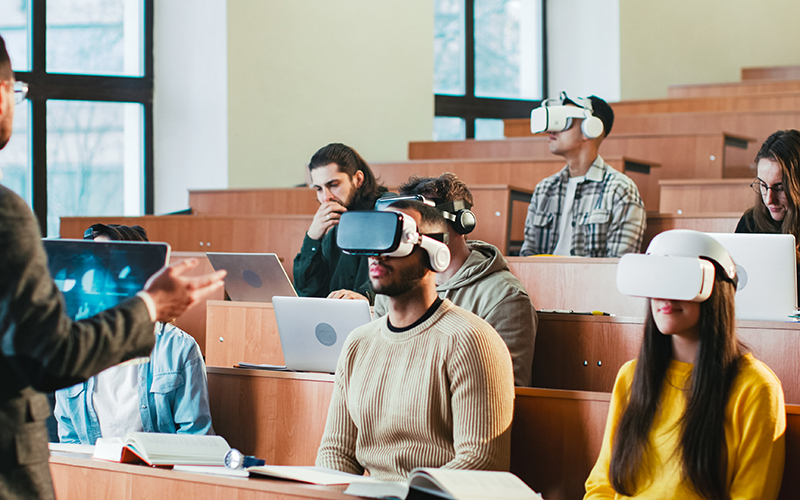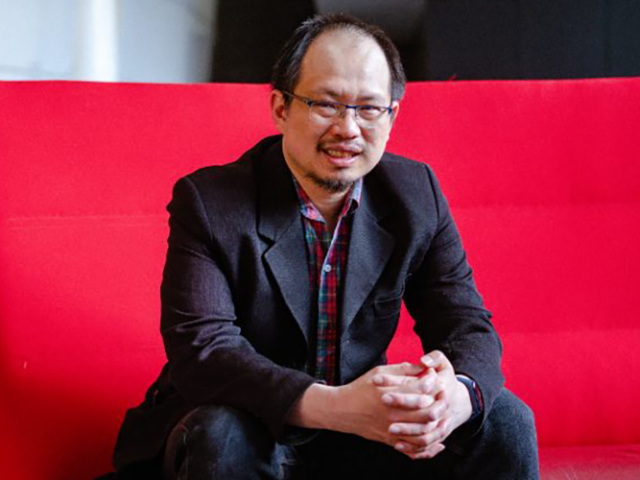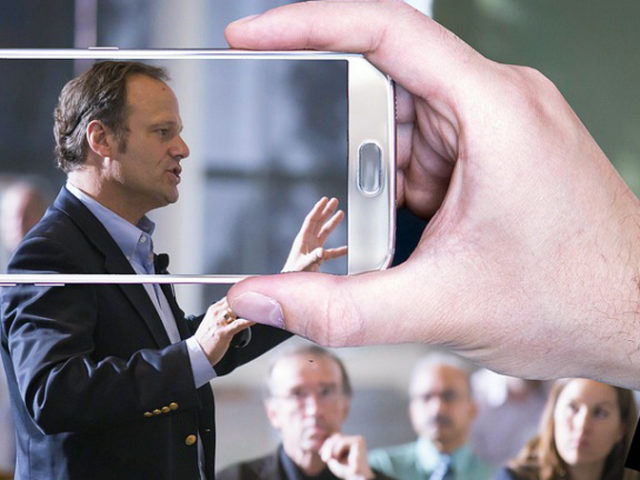The University of Suffolk is set to enhance its educational offerings by incorporating Virtual Reality (VR) technology, thanks to a collaboration with Carnegie Mellon University and Bodyswaps, a platform specialising in soft skills training. This initiative will enable students to refine crucial skills such as public speaking and job interview techniques through immersive VR experiences. The university, which began using VR headsets in spring of the previous year, is set to receive two additional headsets as part of this project.
This development places the University of Suffolk among 25 business schools in the UK and the US participating in this innovative scheme. The use of VR headsets has already shown positive results, particularly for students who are less confident. These students have benefited from the opportunity to practice presentations and job interviews in a virtual, low-pressure environment. The six-month project, commencing at the end of the month, will broaden the university’s curriculum to include modules on customer service, equity, diversity and inclusion, leadership, management, and healthcare.
Amy Carpenter, the university’s Head of Careers, noted the significant impact of VR technology in developing students’ soft skills, especially for those requiring additional support. Conor O’Leary, a computing student, shared his positive experience with Bodyswaps technology, stating that it has been instrumental in refining his presentation and interview skills, skills he deems invaluable for his future.
Developing soft skills through VR
The use of VR in developing soft skills extends beyond traditional learning methods, offering a unique, interactive experience. Through VR, students can immerse themselves in realistic scenarios where they can practice and develop soft skills such as communication, empathy, teamwork, and adaptability. This immersive technology allows for a safe space where students can experiment, make mistakes, and learn from them without the fear of real-world consequences.
In VR environments, students can engage in role-playing exercises, interact with virtual characters, and receive instant feedback on their performance. This hands-on approach is particularly effective in building confidence and competence in interpersonal skills, which are crucial in the professional world. Additionally, VR’s ability to simulate diverse and challenging scenarios prepares students to handle a variety of situations they might encounter in their future careers.
By incorporating VR into its curriculum, the University of Suffolk is at the forefront of innovative education, harnessing technology to equip students with the essential soft skills needed in today’s ever-evolving job market.




